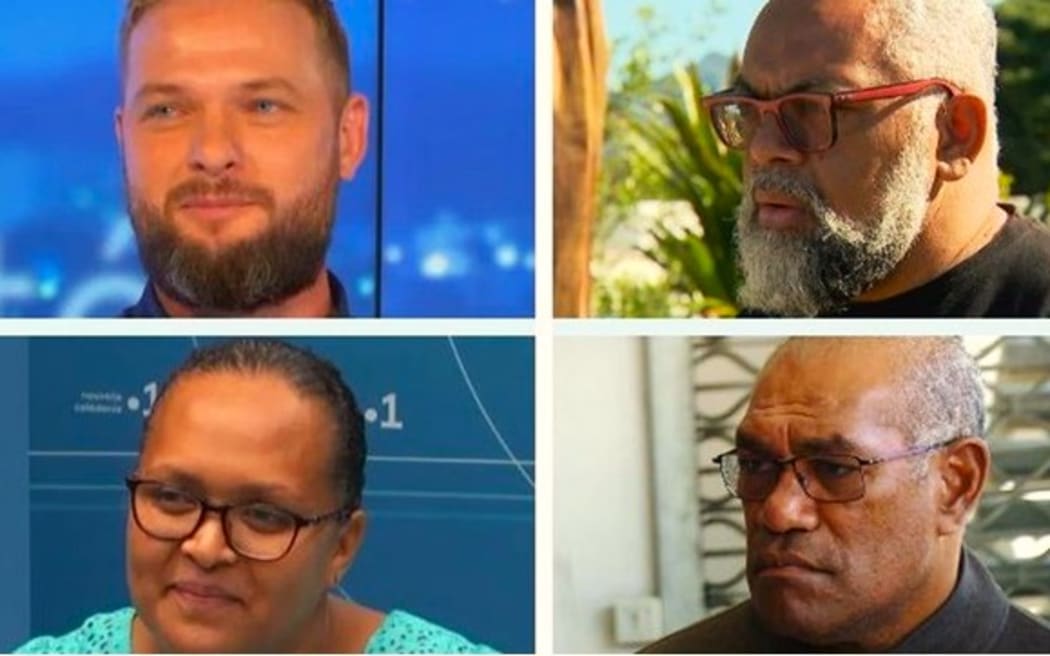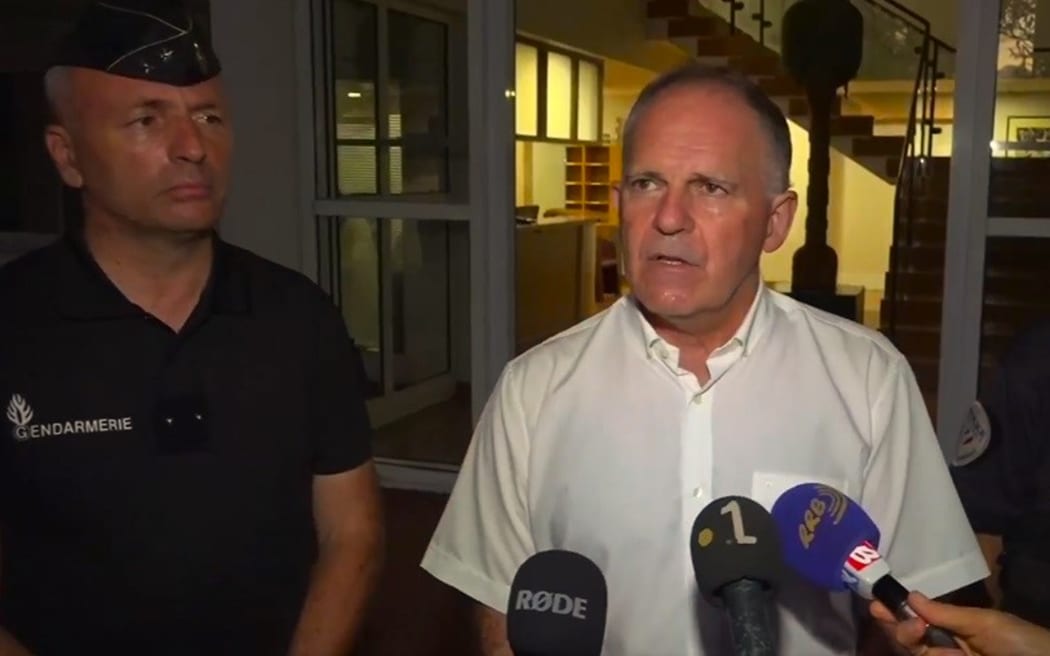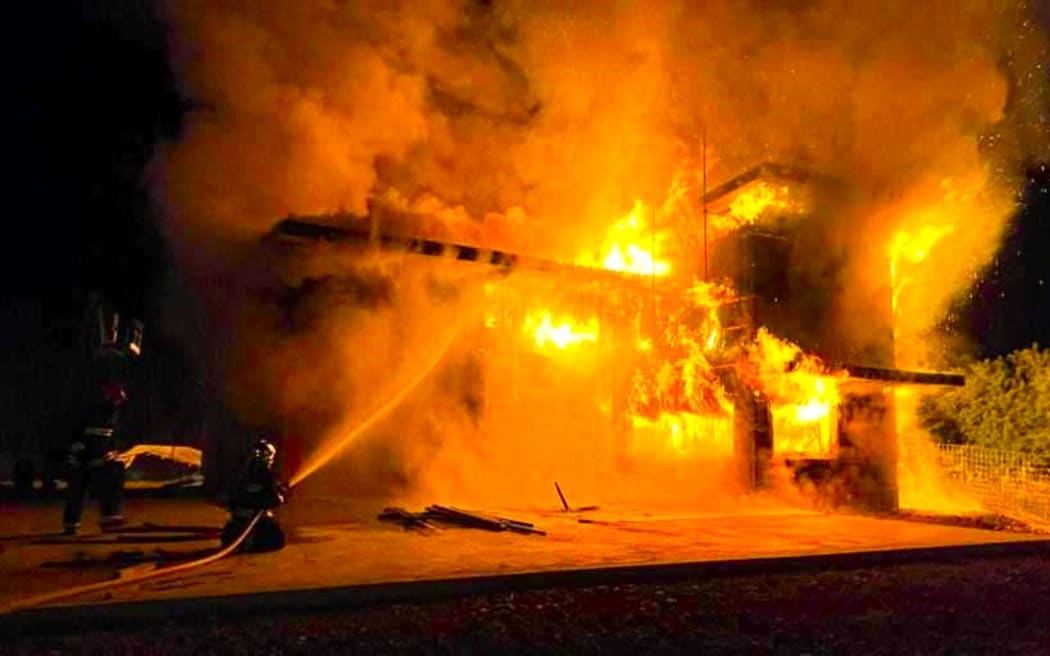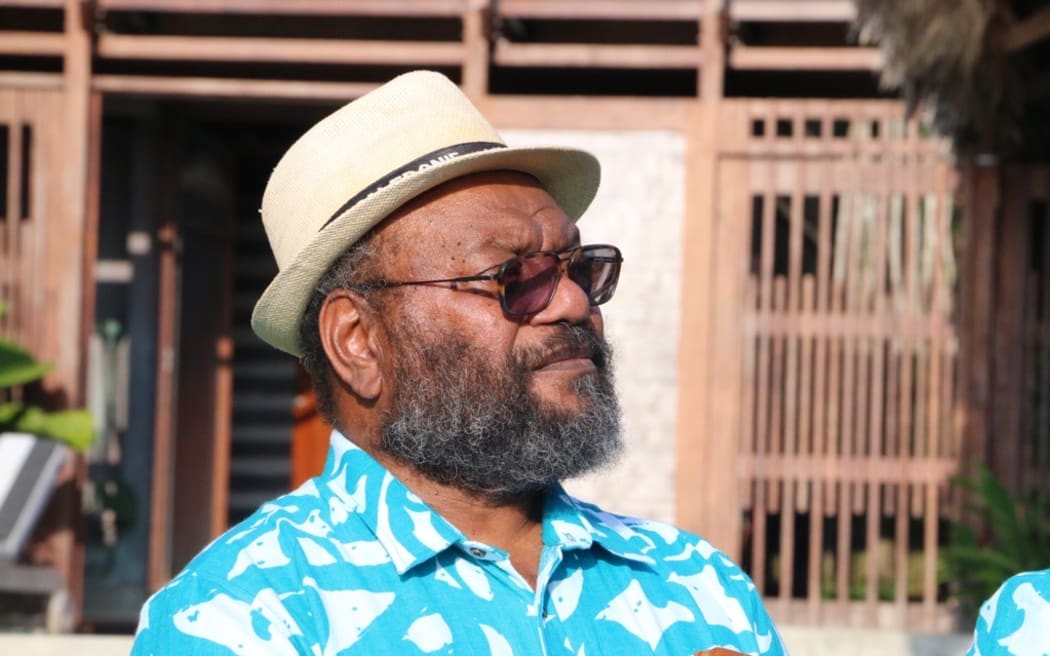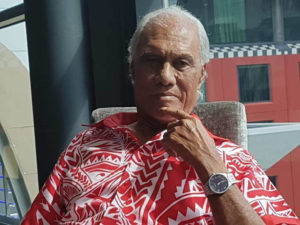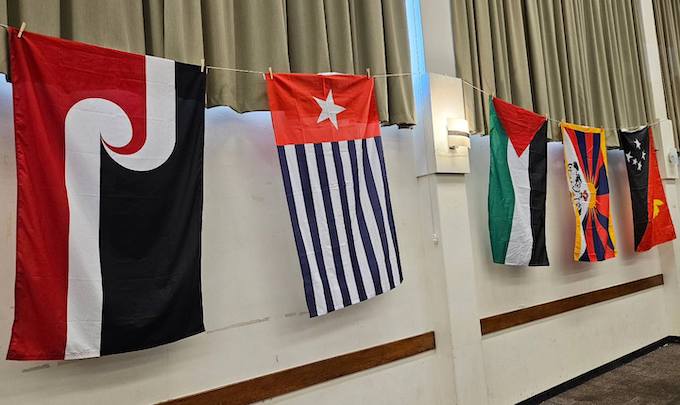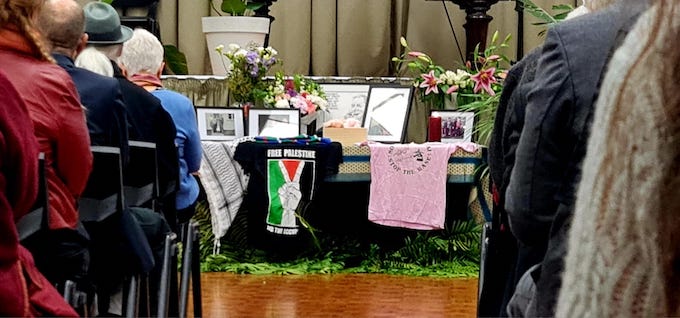Osama Nezar AlSagheer was a 19-year-old Bahraini student when he was arrested in 2017 during the suppression of peaceful protests in Duraz, which concerned the denaturalization of prominent Shia religious figure Sheikh Isa Qasim. During his detention, he was subjected to torture, enforced disappearance, solitary confinement, religious-based insults, religious discrimination, isolation, retaliation, medical neglect, unfair trials, harassment, assaults, and ill-treatment. He is currently serving a 61-year prison sentence in Jau Prison. Osama went on several hunger strikes during his detention to protest his ill-treatment and medical neglect but to no avail.
On 20 June 2016, Bahraini citizens started a sit-in in solidarity with prominent Shia religious figure Sheikh Isa Qasim in front of his house in Duraz. on 23 May 2017, the Bahraini authorities’ violent dispersion of protesters in front of Sheikh Qasim’s house resulted in the death of five people, the injury of more than 100 people, and the arrest of 286 people, including Osama.
Osama had previously participated in demonstrations and had been arrested on multiple occasions when he was a minor for exercising his rights to freedom of expression and assembly. He was first arrested in February 2013 when he was only 14 years old and was detained for 11 days. He was re-arrested during a demonstration in December 2014 and was heavily beaten.
On 23 May 2017, riot police (Special Security Force Command officers) and officers in plain clothing arrested Osama after shooting him during the demonstration with expanding bullets, which led to shrapnel scattering throughout his body. The officers beat him before transporting him to the Criminal Investigations Directorate (CID) and forcibly disappearing him for 45 days. After detaining Osama for 20 days, officers took him to the Public Prosecution Office (PPO) without providing him with adequate time or facilities to prepare for trial. Authorities charged Osama with multiple crimes, including the attempted murder of a policeman.
During Osama’s detention in the CID, officers repeatedly beat him on the head and both hands, which had been injured by pellets during his arrest, in order to extract a confession. They also forced Osama to insult his Shia beliefs, imitate animal noises as a form of degradation, and utter obscenities. Officers allegedly prevented Osama’s family from visiting him for two and a half months until visible injuries had subsided, in order to conceal evidence of torture.
As a result of the torture, Osama suffers from chronic headaches and has lost mobility in his right ring finger. When transferred to the prison clinic on four different occasions, he did not receive effective treatment. Even during one hospital examination, he was still denied treatment despite having shrapnel scattered throughout his body, causing severe pain. After submitting a complaint to the Ministry of Interior Ombudsman, Osama went an additional 19 months without receiving medical treatment but was forced to sign a form stating that he had received treatment.
The court convicted and sentenced him in several cases, totaling 71 years in prison on multiple charges, including 1) illegal assembly, 2) assaulting security forces, 3) possession and use of Molotov cocktails, iron bars, knives, and unlicensed axes to assault police officers for a terrorist purpose, and 4) destroying police cars. He was also stripped of his nationality twice. Throughout these trials, Osama was denied access to his attorney and reported that he was unable to prepare for trials or present evidence in his defense. One of these trials was the mass trial, the rulings of which were issued on 27 February 2019 against 171 Bahraini citizens, known as the “Duraz case.” Osama appealed the various convictions against him, resulting in the reduction of his sentence to 61 years, and his citizenship was restored.
On 14 March 2019, Osama began a hunger strike demanding his right to treatment, the removal of shrapnel from expanding bullets in his body, and his transfer from the ward he shared with ISIS terrorist prisoners who were convicted of rape. He also sought to improve prison conditions and protest against the ill-treatment he had endured from a policeman who entered Osama’s cell several times, shouting, mocking, insulting, and cursing at him for no reason. During this strike, there was no news of him for more than a week.
On 11 September 2019, Osama began another hunger strike, demanding that he be able to have a private visit after refraining from meeting his family, who had come to visit him in prison since 28 January 2019 due to intense pressure and humiliating inspections. He also requested a special visit for his mother, who has heart disease, to ensure she would not be treated harshly. Ten months prior to this strike, Osama had submitted a request for a private family visit that would take place without a barrier separating him from his visitors, but it was not approved. During this strike, he also demanded a quilt and a coat to protect himself from the cold, as the shrapnel from expanding bullets in his body caused him pain accompanied by cold. On 24 September 2019, 13 days after starting his hunger strike, the New Dry Dock Prison administration deprived Osama of his right to call his family and go out to access sunlight in the prison’s outdoor yard as an additional punishment for continuing his strike. During this strike, his blood sugar level dropped to 3.8, and he fainted in the bathroom, suffering a head bleed. This was compounded by ongoing feelings of cold and an inability to sleep due to his deteriorating health condition. On 3 October 2019, after entering the 23rd day of his hunger strike, Osama was transferred to solitary confinement in retaliation for continuing his strike. From his cell, he complained about the extreme cold he was enduring, saying, “I am freezing from the cold, I need a quilt and medical care! Convey my voice to the world!”
On 25 December 2019 and 13 February 2020, the New Dry Dock Prison administration refused to transfer Osama to pre-scheduled medical appointments to address the issue of shrapnel from expanding bullets in his body, without providing reasons.
In May 2020, Osama was transferred from New Dry Dock Prison to Jau Prison. On 15 December 2020, he was transferred from Building 12 of Jau Central Prison to isolation in Building 23 without knowing the reason, but he was returned to Building 12 three days later. On 3 January 2021, Osama was transferred to solitary confinement for unknown reasons.
On 22 March 2021, Osama spoke in an audio recording about being severely beaten and injured in his head, eye, face, and back. He described being dragged down the corridor on 17 March 2021 by prison police officers while staging a peaceful sit-in in Building 12 inside Jau Prison in solidarity with prominent religious figure and political prisoner Sheikh Zuhair Abbas (Ashoor), who was subjected to a violent and sudden beating by a criminal prisoner, which may amount to attempted murder. He mentioned that there was video footage of the incident captured by surveillance cameras in the prison and demanded his right to file a torture report, but the Jau Prison administration did not respond to his requests. Following the spread of the audio recording on social media platforms, the prison administration deprived Osama of his right to contact his family for a month.
On 7 July 2021, a group of Jau Prison officers took Osama out of the ward where he was held and transferred him to solitary confinement without mentioning the reason. He remained there for 14 days, bound with iron shackles, and there was no news of him during this period. On 21 July 2021, officers moved Osama to isolation in Building 12 of Jau Prison, placing him in a small cell where he could not see anyone in retaliation for his persistent demands for his most basic rights as a prisoner. The officers then placed a mentally ill foreign criminal prisoner in the same cell with Osama. While he was in this cell, Osama’s cellmate – who did not speak Arabic and did not share Osama’s religion- harassed him, intruded on him while he was in the bathroom multiple times, and engaged in repeated altercations with him. Osama feared being harmed during his sleep by his cellmate due to the ongoing harassment. Throughout this period, Osama was deprived of prayer as he was unable to hear the call to prayer, and the prison administration refused to provide him with a watch to know the prayer times. Contact between Osama and his family was cut off for over a month after he was transferred to isolation. On 1 September 2021, during a phone call with his family, Osama mentioned being deprived of contact with them for no reason. He also reported harassment from an officer in prison named Ahmed. When Osama asked the officer for the reason behind this treatment, Officer Ahmed stated it was ordered by the prison administration. The officer also threatened and insulted Osama, saying, “You will see when they attack you with a group of police officers and beat you for no reason,” and “You are not even worthy of a shoe!”
On 27 January 2022, Osama was transferred to Building 3 of the Jau Prison, where he was once more placed in isolation with foreign criminal prisoners and drug addicts, despite his refusal to sign the transfer to this building. In March 2022, Osama was placed for several weeks in solitary confinement, and there was no news of him until the end of his solitary confinement on 3 April 2022.
On 18 July 2022, the Special Forces assaulted the prisoners in Building 7 of the Jau Prison who were protesting the deteriorating prison conditions, most notably medical negligence. Osama was among them. The Special Forces sprayed prisoners with pepper spray and tried to force them into their cells. The next day, Osama was transferred to Salmaniya Hospital with his hands handcuffed and his legs chained. On 30 July 2022, Osama spoke in an audio recording about being deprived, along with all Shia prisoners in Jau Prison, of practicing their religious rites and being targeted sectarianly, contrary to allegations published in the official Bahraini media.
On 13 August 2023, during Osama’s participation in a mass hunger strike that lasted 40 days with more than 800 prisoners in Jau prison to protest the poor conditions, Osama fainted and fell to the ground.
Osama continues to suffer from medical negligence for injuries sustained from fissionable bullets fired at him during his arrest, as well as from injuries and health problems resulting from the torture he endured. Moreover, reprisals against him continue intermittently, including repeated solitary confinement, isolation, humiliation, enforced disappearance, and denial of contact with his family. In addition, he still faces discrimination and humiliation based on religion, reprisals, harassment, assaults, and ill-treatment. Since his last arrest, Osama’s family has filed several complaints about the abuse their son endured with the Ombudsman, but to no avail.
Osama’s arbitrary arrest for participating in a peaceful demonstration, enforced disappearance, torture, unfair trials, solitary confinement, sectarian-based insults, deprivation of practicing his religious rituals, reprisals, isolation, denial of contact with his family, medical negligence, harassment, assaults, and ill-treatment violate the Bahraini Constitution as well as Bahrain’s obligations under international law to which it is a party, including the Universal Declaration of Human Rights (UDHR), the Convention against Torture and Other Cruel, Inhuman or Degrading Treatment or Punishment (CAT), the International Convention on the Elimination of All Forms of Racial Discrimination (CERD), the International Covenant on Civil and Political Rights (ICCPR), the International Covenant on Economic, Social and Cultural Rights (ICESCR), and the United Nations Standard Minimum Rules for the Treatment of Prisoners, known as the Nelson Mandela Rules. Furthermore, Osama’s previous arbitrary detentions for participating in peaceful demonstrations when he was a minor and the torture he endured back then are clear violations of the Convention on the Rights of the Child (CRC), to which Bahrain is a party.
As such, Americans for Democracy & Human Rights in Bahrain (ADHRB) calls on the Bahraini authorities to uphold their human rights obligations by immediately and unconditionally releasing Osama and investigating all allegations of arbitrary arrest, enforced disappearance, solitary confinement, torture, sectarian-based insults, denial of his right to perform his religious rituals, isolation, reprisals, denial of family contact, medical negligence and ill-treatment, and to hold perpetrators accountable. Furthermore, ADHRB calls on Bahrain to provide Osama with immediate treatment for all his health problems, including those resulting from the torture he suffered in prison and the injuries he sustained from fission bullet fragments during his arrest. ADHRB urges Bahrain to compensate him for those injuries that were worsened by medical negligence or, at the very least, to grant him a fair retrial, leading to his release. ADHRB also sounds the alarm about Osama’s numerous hunger strikes, which have exacerbated his health issues, and highlights the repeated attacks he has been subjected to by prison officers and fellow criminal prisoners, warning of any dangerous developments that may occur as a result. Finally, ADHRB calls on the Bahraini authorities to conduct transparent investigations into these allegations of ill-treatment and abuse, to identify and hold perpetrators accountable, and end the policy of impunity.
The post Profile in Persecution: Osama Nezar AlSagheer appeared first on Americans for Democracy & Human Rights in Bahrain.
This post was originally published on Americans for Democracy & Human Rights in Bahrain.


